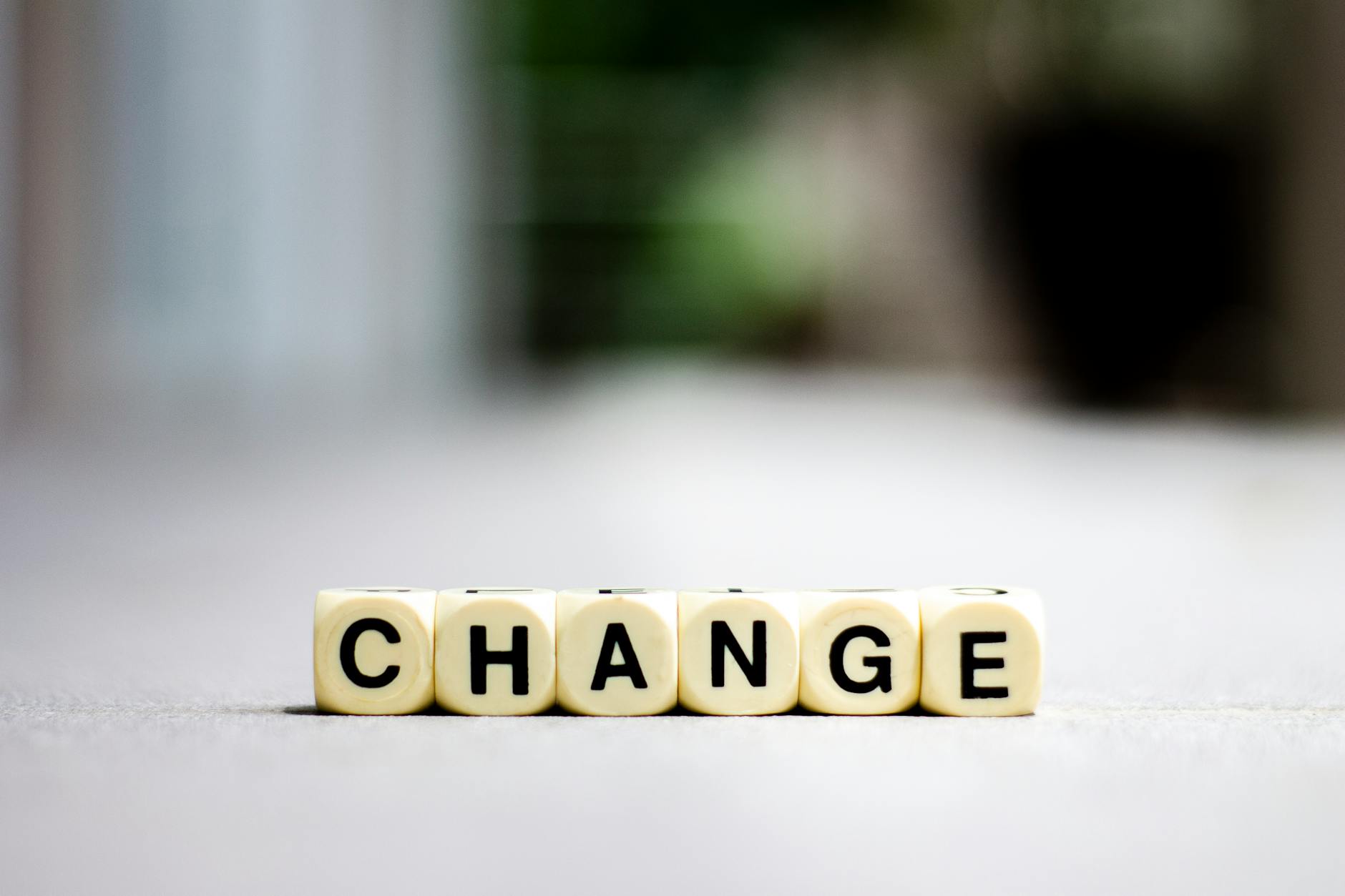March Happy Things

March has been a very challenging month for me. There has been a lot of negativity coming my way from a lot of different directions. These are the times that finding happy things in the midst of all of the unhappy things makes a huge difference. So here is a list of my March Happy … [Read more…]








